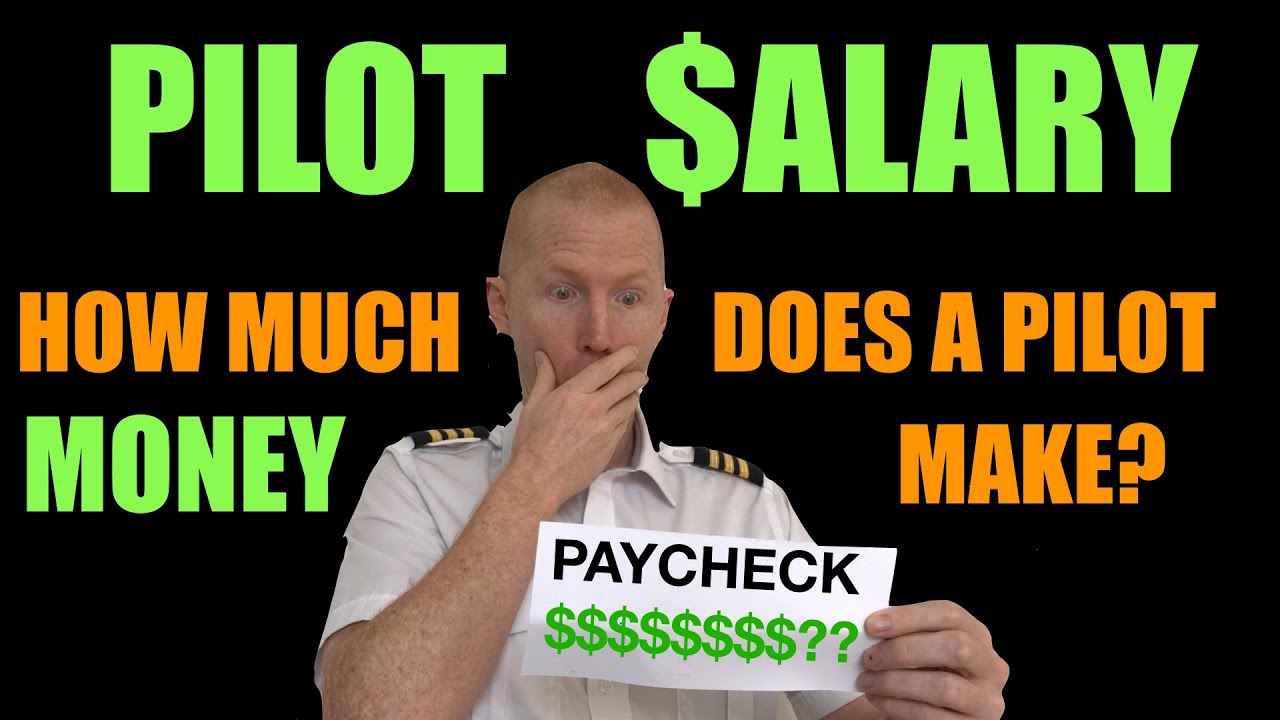Piloting is one of the most rewarding careers for those who love to travel and fly. Pilots are responsible for managing and navigating aircraft in commercial, military or private aviation. The question that often arises is how much does a pilot earn? Let's explore the answer to this question in detail.
The Basics of a Pilot Salary
A pilot salary can vary depending on several factors, including the type of aircraft flown, the level of experience, and the type of job they hold. On average, the annual income of a pilot ranges between $44,000 to $235,000 per year. This includes commercial airline pilots, military pilots, and corporate pilots.
Commercial Airline Pilots
Commercial airline pilots who fly for major airlines, such as Delta, American, or United, typically earn an average salary of around $150,000 per year. This salary can vary widely based on experience, the types of routes they fly, and the airline they work for. Pilots who have higher levels of experience and get promoted to captain positions can earn up to $200,000 annually.
Corporate Pilots
Corporate pilots typically operate smaller aircraft such as private jets or turboprops, often working for wealthy individuals, corporations, and other smaller organizations. These pilots earn an average salary of around $78,000 per year, but this can vary depending on experience, the types of routes they fly, and the size of the aircraft they pilot.
Regional Airline Pilots
Regional airline pilots operate smaller aircraft for regional airlines, such as SkyWest or Republic Airways. They typically earn an average salary of around $50,000 per year but can earn up to $100,000 annually if they have higher levels of experience and are qualified to fly larger aircraft.
Factors that Affect Pilot Salaries
The salary of a pilot can be affected by many factors such as:
- Experience: An experienced pilot with a commercial airline or military can expect a higher salary than a pilot who's just starting or operating as a regional airline pilot.
- Type of Aircraft: Pilots who fly larger aircraft generally earn more money than pilots who fly smaller ones. This is because more significant aircraft require more expertise to operate.
- Location: A pilot's income can be affected by where they're based. For instance, a pilot who is based out of New York often earns more than one based out of a smaller city or airport.
- Employer: A pilot's salary can be affected by their employer. The salary of a pilot employed by a small regional airline can be less compared to that of a piloted employed by a major airline such as Delta or United.
Conclusion
Being a pilot can be an exciting and fulfilling career. The average salary varies greatly owing to the position and level of experience. Generally speaking, the more experience a pilot has and the larger the aircraft they pilot, the higher the salary.

